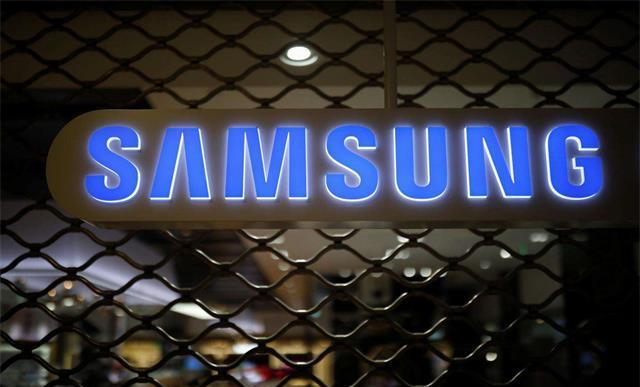
Text/Di Lin Audit/Zi Yang Correction/Zhi Qiu
Looking at the global mobile operating system market, the most mainstream is Google Android and Apple iOS, and now there is another Huawei Hongmeng.
But few consumers know that in addition to the above three operating systems, there is actually a relatively well-known mobile phone system - Samsung Tizen.
The fourth largest mobile phone system died
According to public information, Samsung Tizen is actually a hybrid of Intel MeeGo system and Samsung LiMo system, officially announced in February 2012.
Unlike the current system used by the Samsung version of the Samsung mobile phone, Samsung Tizen is not based on the underlying Layer of Android, and is an open source system.
In addition to supporting smartphones, Samsung Tizen can also support a variety of electronic devices such as tablets and smart TVs.
Since Samsung rarely applies the Samsung Tizen system to the Guoxing version of the device, almost no Chinese consumers know about Samsung Tizen.
What's even more regrettable is that Samsung Tizen will be permanently shut down just before few consumers know about the operating system.
Fast Technology january 9 news, Samsung Electronics on December 31, 2021 permanently closed the Tizen app store. Mobile phone users using Tizen models are no longer able to access the content.
In fact, the signs that Samsung Electronics wanted to abandon Tizen date back to mid-2021, when last June, Samsung shut down the new user registration feature of the Tizen store.
In addition, Samsung has also imposed functional restrictions on Tizen's existing users, who are only allowed to download applications that have been recorded by previous accounts.
Challenge Android to return home
At this point, the world's fourth largest mobile phone operating system has officially come to an end, and the last Samsung Z4 equipped with Tizen has become obsolete.
It is worth mentioning that Tizen is not without brilliant moments, and the author understands that in 2016, Tizen was hotter than BlackBerry in the global mobile operating system field.
In Samsung mobile phones, watches, TVs and other products, Tizen is all over the figure, thinking that year, Tizen benefited from the best-selling Samsung TV, and also ranked the first largest TV system.
But unfortunately, in the process of challenging Android, although Tizen had a moment of scenery, he finally returned home and ended up being permanently shut down.
You know, Samsung Electronics' smartphone and TV business is among the top in the world, why did the Tizen system fail to develop and grow on this basis, comparable to Android?
Why did the Samsung system fail?
In the author's opinion, the reason why the Samsung Tizen system has failed is three reasons.
First of all, as an industry rookie who only came out in 2012, it was difficult to break the monopoly situation of giants.
In the early days of Samsung Tizen's development, a very solid system has been formed in the market. For example, in the field of personal computers, Intel and Microsoft occupy almost half of the global market;
In the field of smart phones, ARM and Android are on the same side, and the only one that can survive in such a monopoly situation is currently Apple's iOS.
Secondly, Tizen has not built a sound ecosystem, which is one of the important factors in the failure of Samsung Tizen, and it is also the direction that Huawei Hongmeng is working towards.
The formation of a closed iOS ecosystem relies heavily on Apple's strong influence. Samsung Tizen, which is also an open source system, is "unfavorable" and has almost no ability to compete with Google Android.
Therefore, in the case of overseas users' high dependence on Google ecology, Tizen, which mainly attacks overseas markets, has not been able to make a breakthrough in ecological construction.
In the end, Samsung is difficult to support. At the system level, Tizen needs to face the siege of Android and iOS, and at the hardware level, Tizen has basically no partners except for relying on Samsung.
Write at the end
In contrast, Huawei Hongmeng is in a slightly better position than Tizen today. After all, the former is positioned as an Internet of Things system, even if there is no "friend" support in the mobile phone industry, Huawei will find partners in other industries.
Tizen, on the other hand, was not so lucky, so it ended up going down.